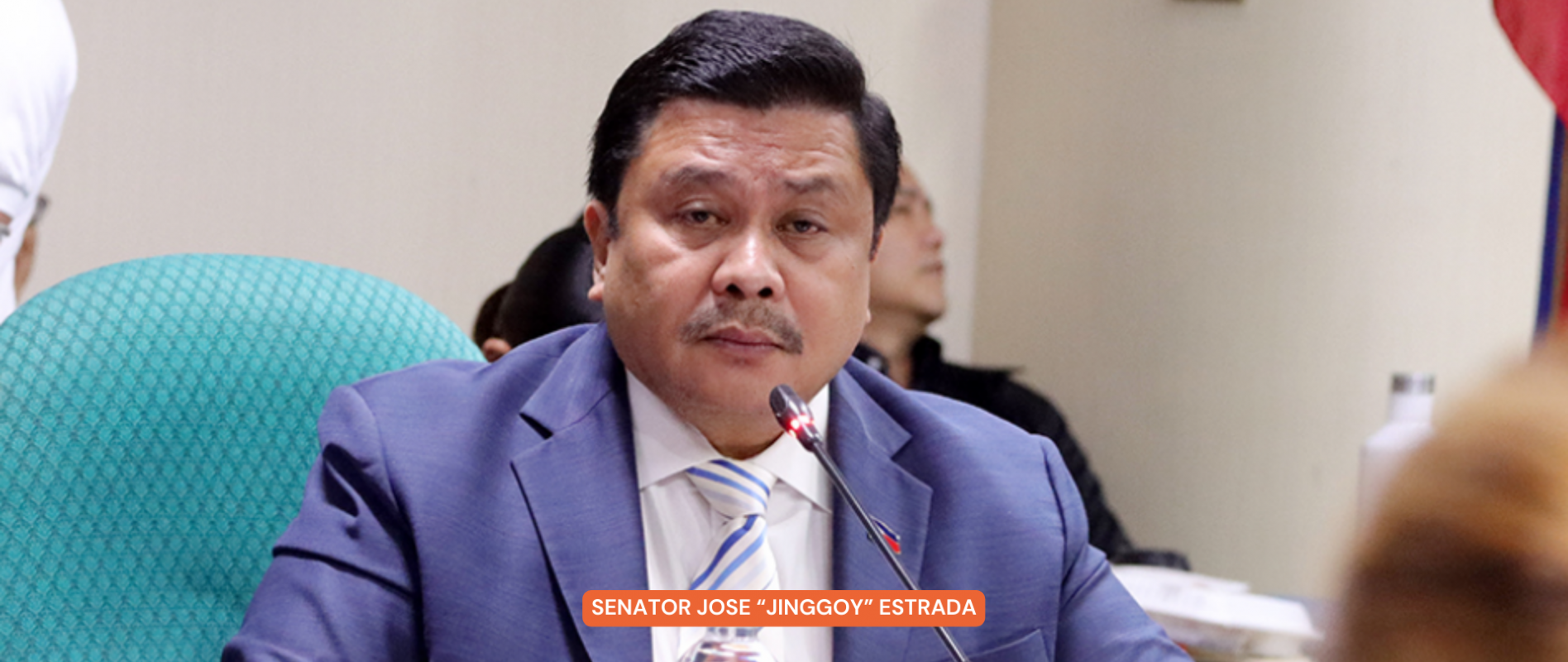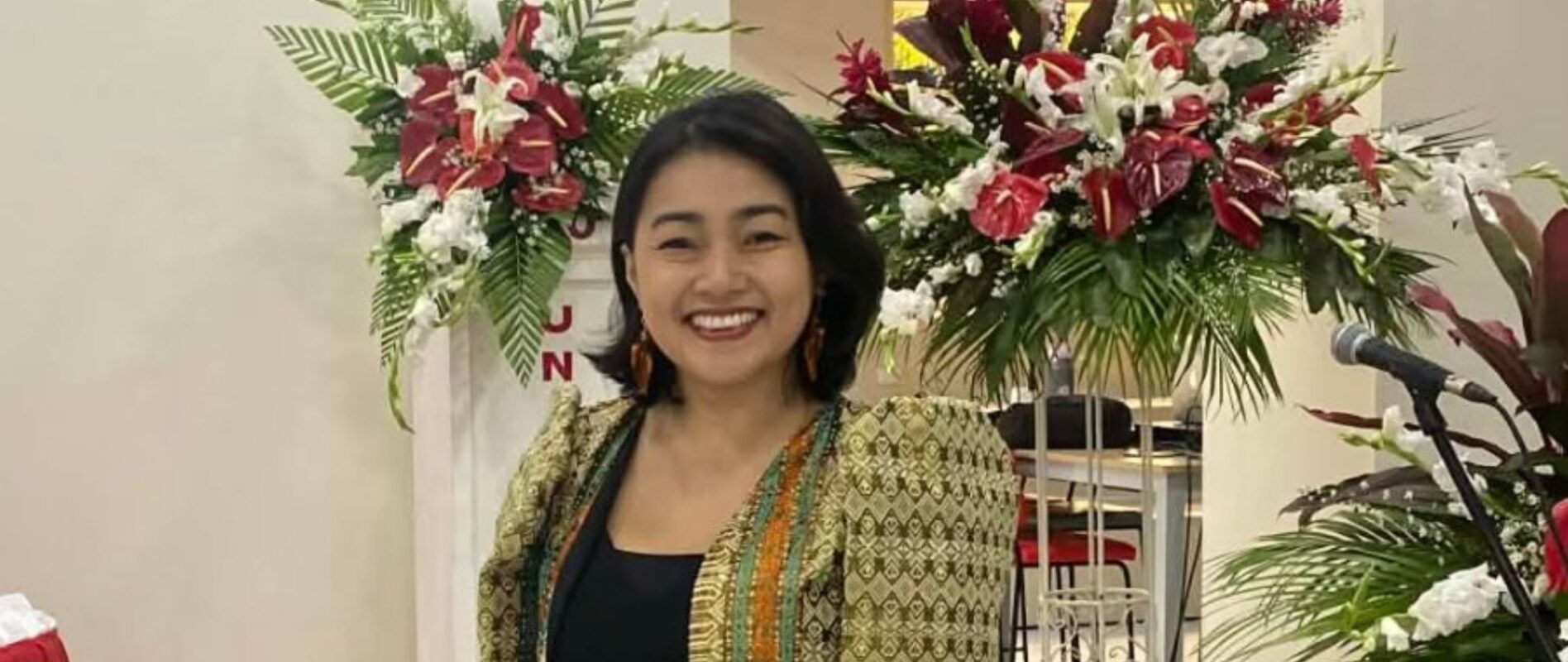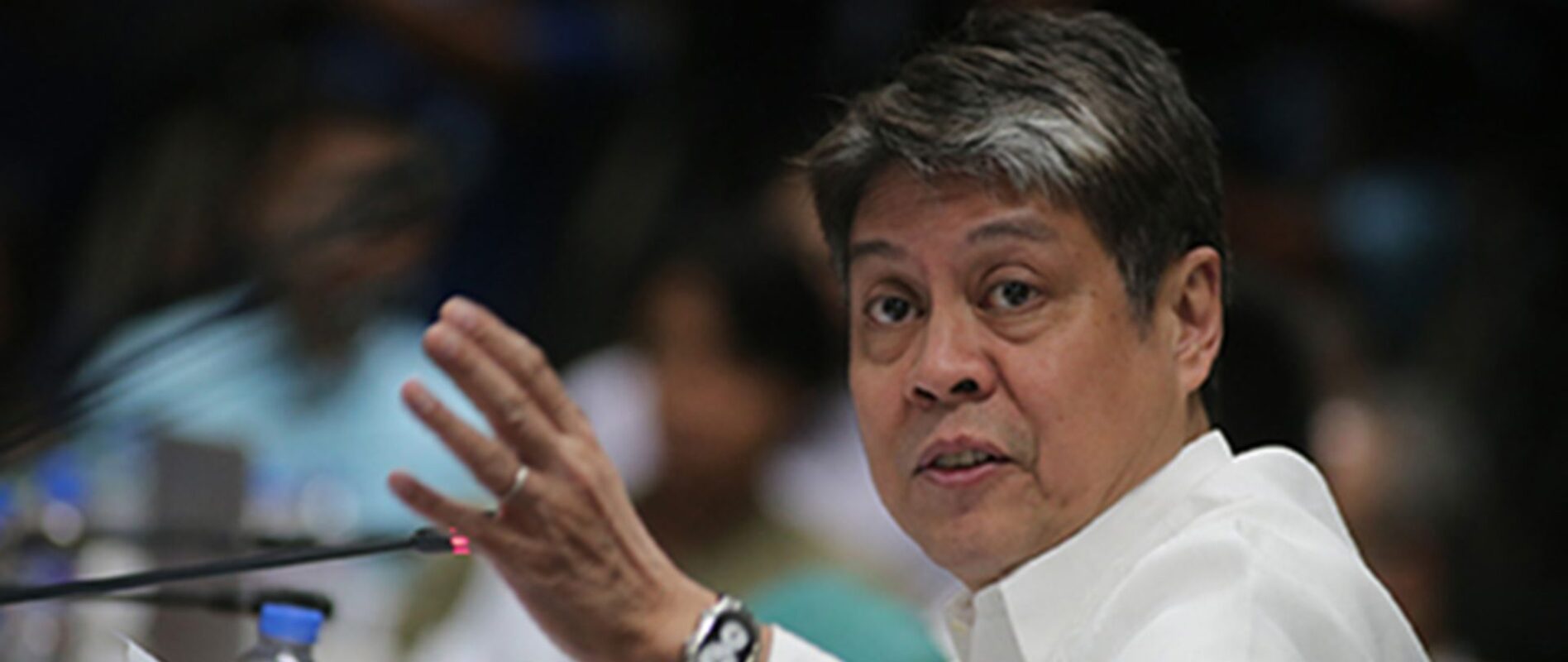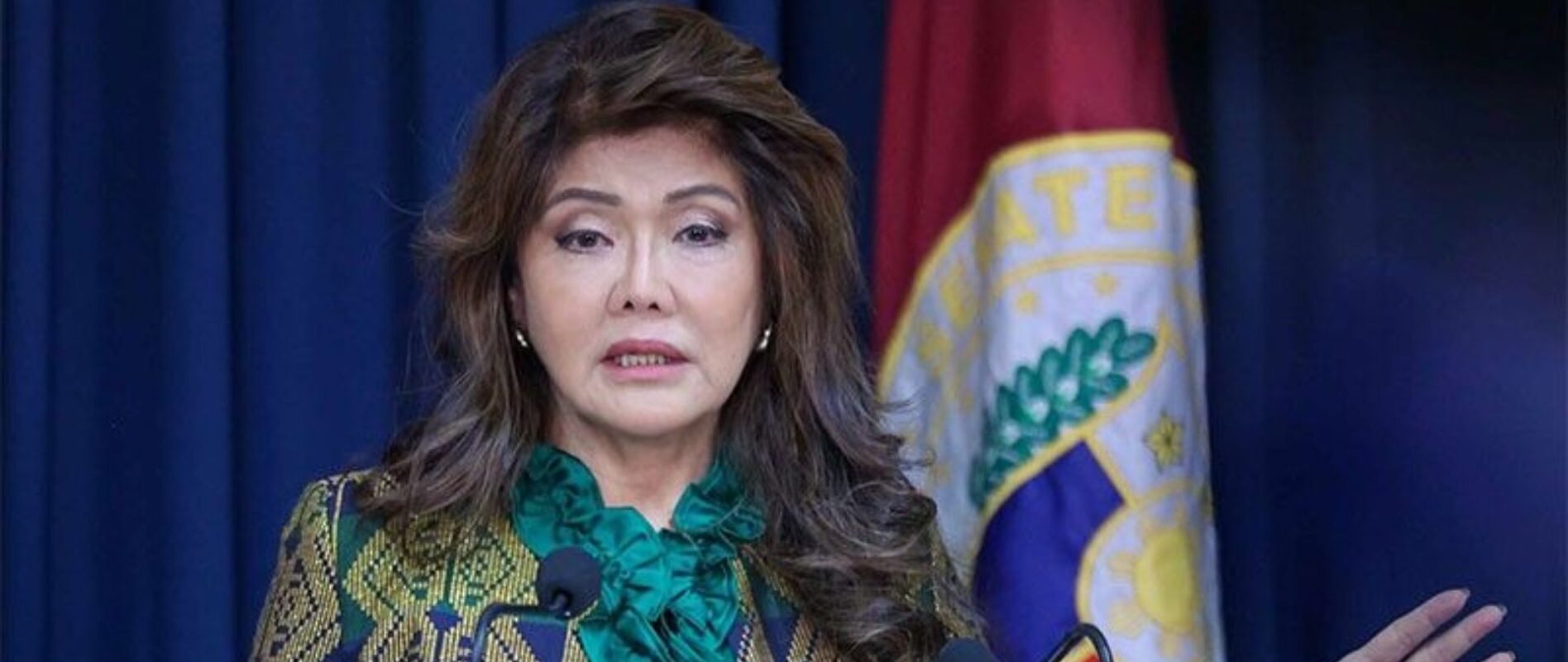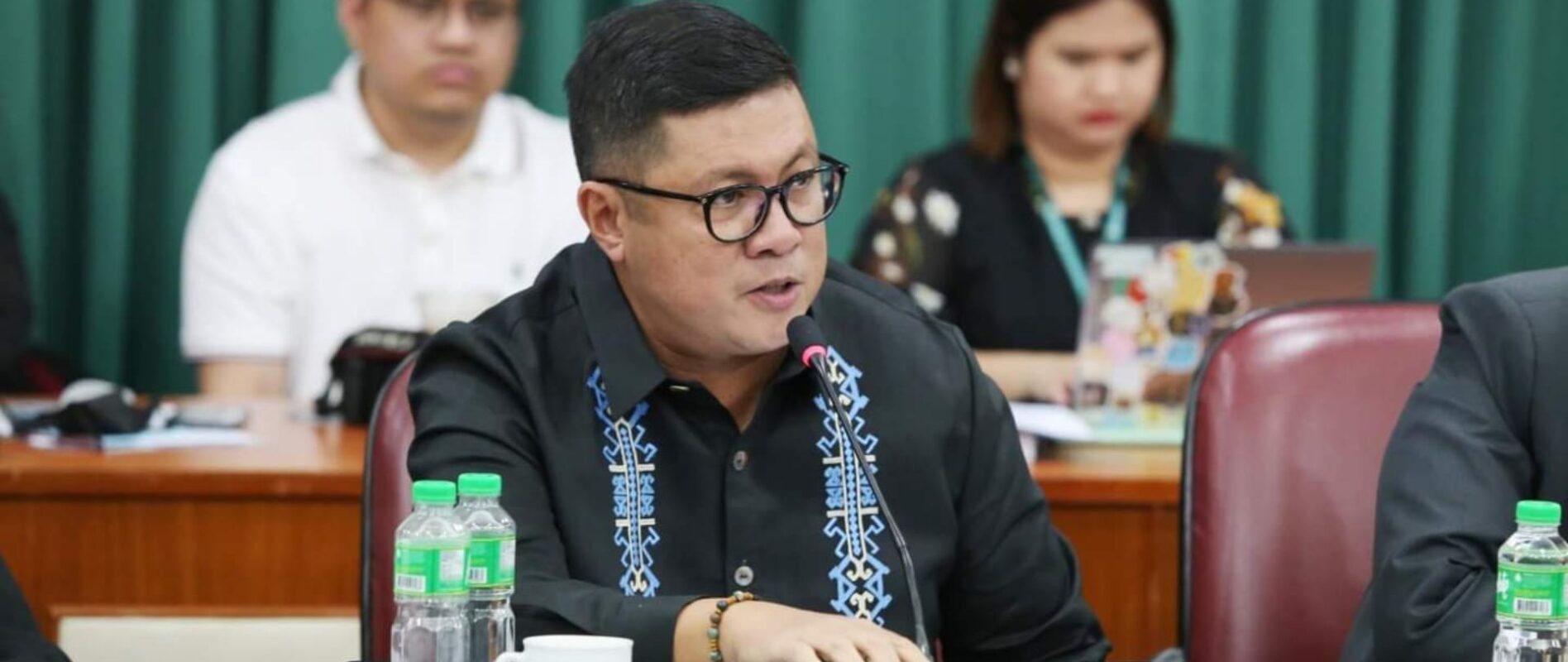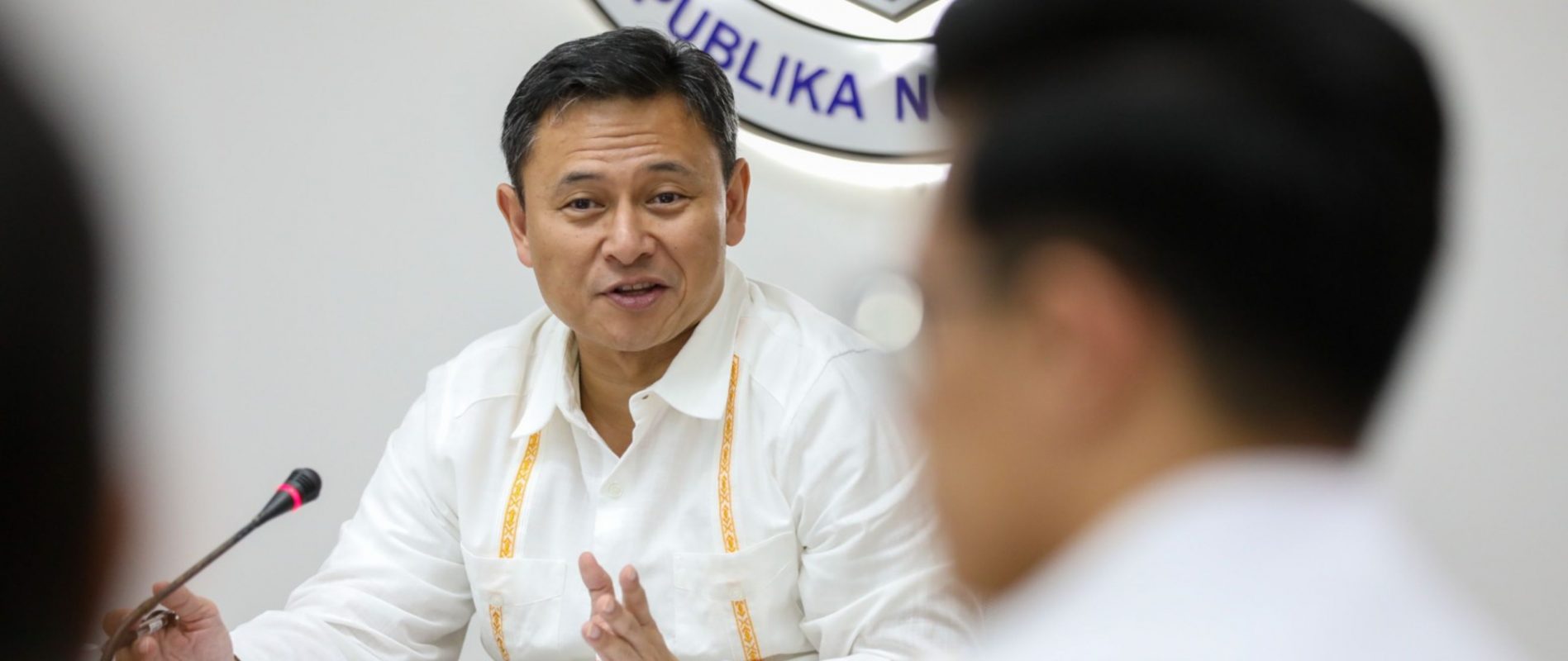SENATOR PROPOSES REMOVAL OF SHS TO RATIONALIZE PH BASIC EDUCATION SYSTEM
SAYING it has failed to deliver on its promised benefits, Senate President Pro Tempore Jinggoy Ejercito Estrada has proposed the removal of the mandatory Senior High School (SHS) level under the K to 12 program in a bid to rationalize the country’s basic education system.
“Ever since this education reform was put in place, it has been met with criticisms and objections from various groups. It has been 12 years since the law was enacted, yet it still has not fully achieved its goal,” Estrada said, referring to Republic Act No. 10533, also known as the Enhanced Basic Education Act of 2013.
The SHS program was designed to bring the Philippine education system closer to international standards by serving as a bridge between high school and college.
It aimed to produce graduates who are well-rounded, equipped with 21st-century skills, and ready for any path they choose—whether pursuing a college degree, learning technical skills, getting a job, or starting a business.
In seeking to amend the law, Estrada filed Senate Bill No. 3001, citing the Department of Education’s own admission that the “SHS program has not yet reached its vision for K to 12 graduates.” Among the issues raised were a congested curriculum, overburdened teachers and students, and a low employment rate for SHS graduates, with only 10% entering the workforce—mostly in the informal sector.
Estrada’s proposed measure retains the fundamental principles of RA 10533 but removes the SHS level.
The goal is to simplify the high school system while ensuring students still receive a quality education aligned with global standards.
Under the proposed rationalized basic education program, Estrada recommended one year of kindergarten, six years of elementary education, and four years of secondary education.
“This bill is a practical step to fix our basic education system—make it more efficient, better utilize resources, and give students a more meaningful learning experience,” Estrada said.

